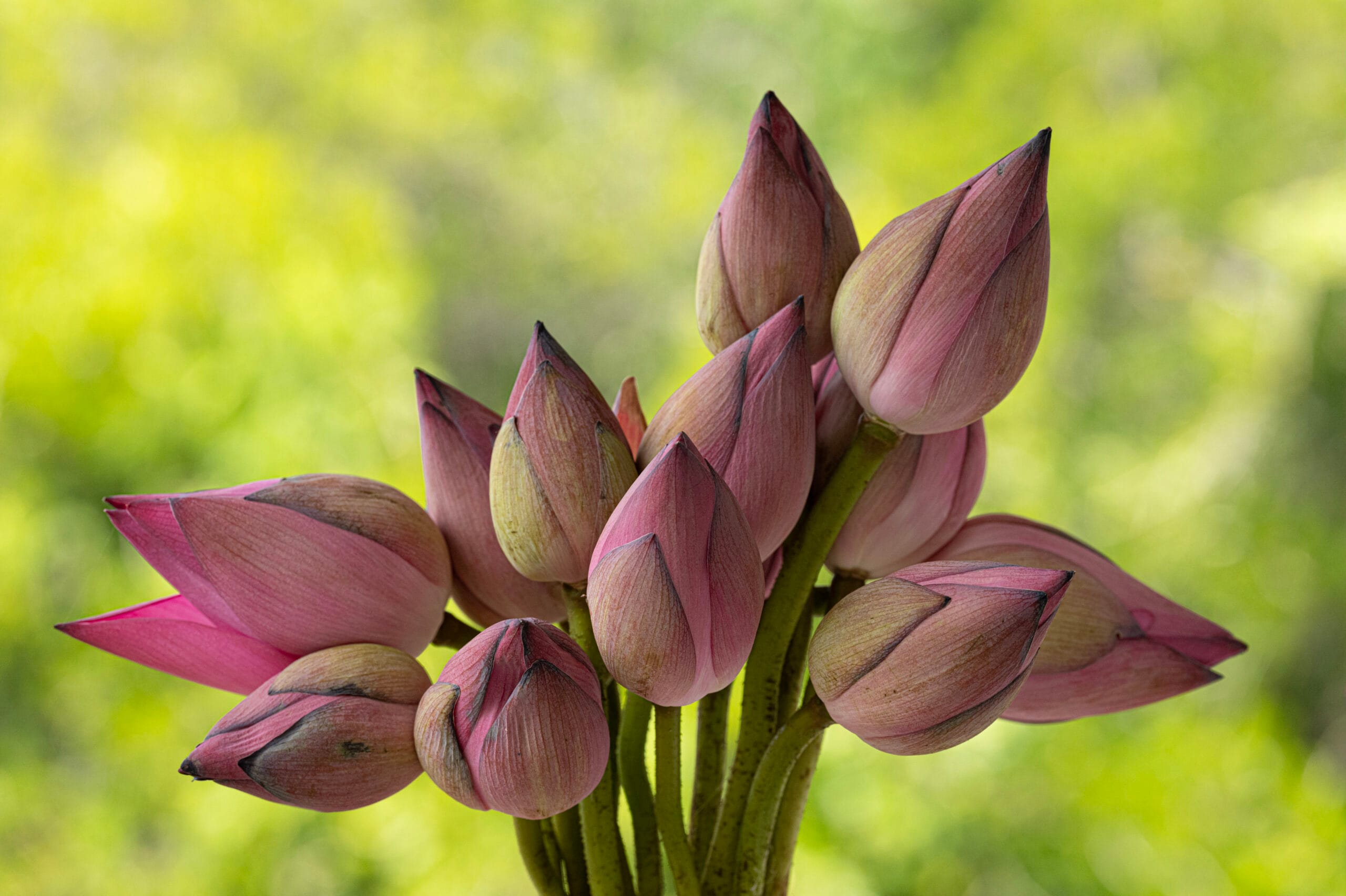Ayurvedic Medicine for Pitta Dosha | Balancing Excess | Remedies
What is Pitta in Ayurveda?
In Ayurveda, the ancient holistic healing system, the body is governed by three doshas: Vata, Pitta, and Kapha. Pitta dosha is one of the three, primarily associated with fire and water elements. Pitta governs digestion, metabolism, and energy production. It is responsible for transforming food into energy and regulating body temperature. When in balance, pitta supports intelligence, ambition, and vitality. However, when it becomes excessive, it can lead to various health concerns that require Ayurvedic remedies for pitta imbalance.
What is Pitta Dosha?
Pitta dosha is characterised by heat, intensity, and sharpness. It predominantly governs digestion, intelligence, and emotions. Pitta dosha also oversees metabolism, enzyme production, and hormonal regulation. It plays a crucial role in mental clarity, focus, and problem-solving abilities. When balanced, pitta fosters motivation, confidence, and leadership qualities. However, an excess of pitta dosha may lead to various physical and emotional disturbances. Ayurveda offers remedies to assist in balancing pitta and maintaining harmony within the body.

Excess Pitta Dosha Symptoms & Signs
An imbalanced pitta dosha manifests in several ways. Common symptoms of pitta imbalance include:
- Acid reflux and hyperacidity
- Inflammation and skin rashes
- Excessive sweating and body heat
- Irritability, anger, and frustration
- Loose stools and digestive disturbances
- Sensitivity to heat
- Intense hunger and thirst
- Premature greying of hair
- Migraines and headaches
- Ulcers and acidity-related disorders
- Insomnia due to excessive mental activity
- Eye irritation and redness
- Heartburn and excessive thirst
When pitta is out of balance, it can lead to chronic conditions like gastritis, liver disorders, and inflammatory skin conditions. Ayurveda recommends pitta-pacifying remedies to calm excess heat and restore balance.
Pitta Diet and Ayurvedic Lifestyle to Manage Pitta Energy
Ayurveda emphasises diet and lifestyle as key factors in reducing excess pitta. Following a pitta-pacifying diet and adopting cooling lifestyle practices can help maintain balance.
Pitta-Pacifying Foods
The best Ayurvedic approach includes cooling, hydrating, and soothing foods:
- Sweet fruits like melons, pears, and grapes
- Dairy products such as milk, ghee, and yoghurt
- Whole grains like rice, oats, and wheat
- Cooling herbs such as coriander, mint, and fennel
- Vegetables like cucumber, zucchini, and leafy greens
- Coconut water and herbal teas
- Legumes like mung beans and lentils
- Seeds such as sunflower and pumpkin seeds
Foods That Aggravate Pitta Dosha
Some foods increase pitta imbalance in the body and should be avoided:
- Spicy, fried, and acidic foods
- Excess caffeine, alcohol, and fermented foods
- Red meat and processed foods
- Sour fruits like tomatoes and citrus
- Salty snacks and deep-fried foods
- Vinegar and pickled foods
- Onions and garlic in excess
Ayurvedic Lifestyle for Pitta Balance
Adopting an Ayurvedic lifestyle can help regulate pitta energy:
- Follow a regular eating schedule
- Avoid excessive exposure to heat and sun
- Engage in cooling activities like swimming
- Practice meditation and deep breathing
- Use calming essential oils like sandalwood and rose
- Maintain a balanced work-life schedule
- Sleep early and avoid overstimulation before bedtime
- Engage in gentle exercise like yoga or Tai Chi
- Wear light, breathable clothing in pastel colours

Ayurvedic Herbs & Remedies for Pitta Imbalance
Ayurvedic medicine offers powerful remedies for pitta dosha concerns. The following are the top six Ayurvedic herbs to reduce excess pitta:
1. Amla (Indian Gooseberry)
Amla is one of the best Ayurvedic remedies for pitta imbalance. Rich in vitamin C, it helps cool the body, detoxifies the liver, and supports digestion.
2. Brahmi
Brahmi is known for calming the mind and reducing stress, which often aggravates the dosha. It enhances memory and promotes a sense of tranquillity.
3. Neem
Neem purifies the blood and alleviates skin inflammation, a common symptom of high pitta. It is often used in Ayurvedic skincare treatments.
4. Shatavari
Shatavari is a cooling herb that nurtures the body and balances hormonal fluctuations. It helps in reproductive health and overall well-being.
5. Guduchi
Guduchi is renowned for detoxifying the body and soothing pitta-related inflammation. It supports immunity and liver function.
6. Liquorice
Liquorice has natural cooling properties that pacify Pitta and support digestion. It soothes acid reflux and promotes a balanced digestive system.
Home Remedies for Pitta Dosha
Ayurveda offers several home remedies to help reduce pitta immediately. These natural solutions can be easily incorporated into daily life for effective relief:
- Drinking Coconut Water:Coconut water is an excellent natural coolant. It hydrates the body, reduces internal heat, and replenishes lost electrolytes.
- Applying Aloe Vera Gel:Aloe vera has powerful cooling and anti-inflammatory properties. Applying fresh aloe vera gel on the skin soothes rashes, sunburn, and pitta-induced irritation.
- Consuming Ghee in Warm Milk:A teaspoon of ghee in warm milk before bedtime nourishes bodily tissues, calms inflammation, and supports digestive health.
- Sipping Herbal Teas:Teas made from fennel, coriander, or liquorice help regulate digestion, prevent acidity, and cool the body from within.
- Practising Cooling Pranayama:Sheetali and Sheetkari breathing techniques cool the body, reduce stress, and promote mental clarity.
- Using Rose Water Mist:Spraying rose water on the face refreshes the skin and helps balance pitta, especially during hot weather.
- Mixing Sandalwood with Rosewater:Sandalwood paste, when combined with rosewater, creates a soothing face mask that helps reduce inflammation and excess heat.
- Adding Turmeric to Milk:Turmeric has anti-inflammatory properties and supports liver health. Consuming it in warm milk promotes internal cooling and immunity.
- Practising Abhyanga (Self-Massage):A daily self-massage with cooling oils like coconut oil, Brahmi oil, or sandalwood oil relaxes the nervous system and pacifies Pitta dosha.

How We Balance Pitta Dosha at Sen Wellness Sanctuary
At Sen Wellness Sanctuary, we incorporate the wisdom of Ayurveda to balance Pitta dosha through a holistic and personalised approach. Our programs are carefully designed to help regulate excess heat in the body and restore equilibrium. We offer:
- Personalised Ayurvedic Treatments & Consultations:Our Ayurvedic doctors assess individual constitutions and imbalances to create customised treatment plans for optimal pitta balance.
- Cooling Herbal Therapies & Detox Programs:We use Ayurvedic herbs and specialised detox therapies to help cleanse the body and reduce pitta.
- Guided Meditation & Yoga Practices:Gentle yoga postures and meditation techniques are incorporated to calm the mind and cool the body.
- Pitta-Pacifying Diet Plans:Our Ayurvedic nutritionists curate meal plans emphasising cooling, nourishing, and easy-to-digest foods to help regulate P
- Detoxification & Stress Relief Programs:We offer tailored Ayurvedic detox programs like Panchakarma, designed to eliminate toxins and restore harmony.
- Ayurvedic Massages Using Cooling Oils:Therapies using Brahmi, sandalwood, and coconut oil help soothe inflammation, relax muscles, and promote relaxation.
- Therapeutic Herbal Steam Baths:Steam baths infused with cooling herbs aid in detoxification and relieve pitta-related symptoms.
- Panchakarma Treatments for High Pitta Individuals:Our intensive Ayurvedic cleansing therapy deeply detoxifies the system and rebalances Pitta dosha.
- Cooling Ayurvedic Drinks & Herbal Infusions:We serve refreshing Ayurvedic drinks such as buttermilk, rose lassi, and coriander-infused water to maintain inner coolness.
Our expert practitioners ensure that every treatment is tailored to individual needs, promoting long-term well-being and balance.
The Final Word
Balancing Pitta dosha is essential for maintaining physical and mental well-being. Ayurveda offers time-tested remedies, including diet, lifestyle, and herbal treatments, to help balance pitta energy. By following a pitta-pacifying approach, you can achieve long-term health and harmony. If you experience persistent symptoms of Pitta imbalance, visit an Ayurvedic clinic for personalised guidance. Embrace the ancient wisdom of Ayurveda and restore balance to your life with mindful choices and natural remedies.
